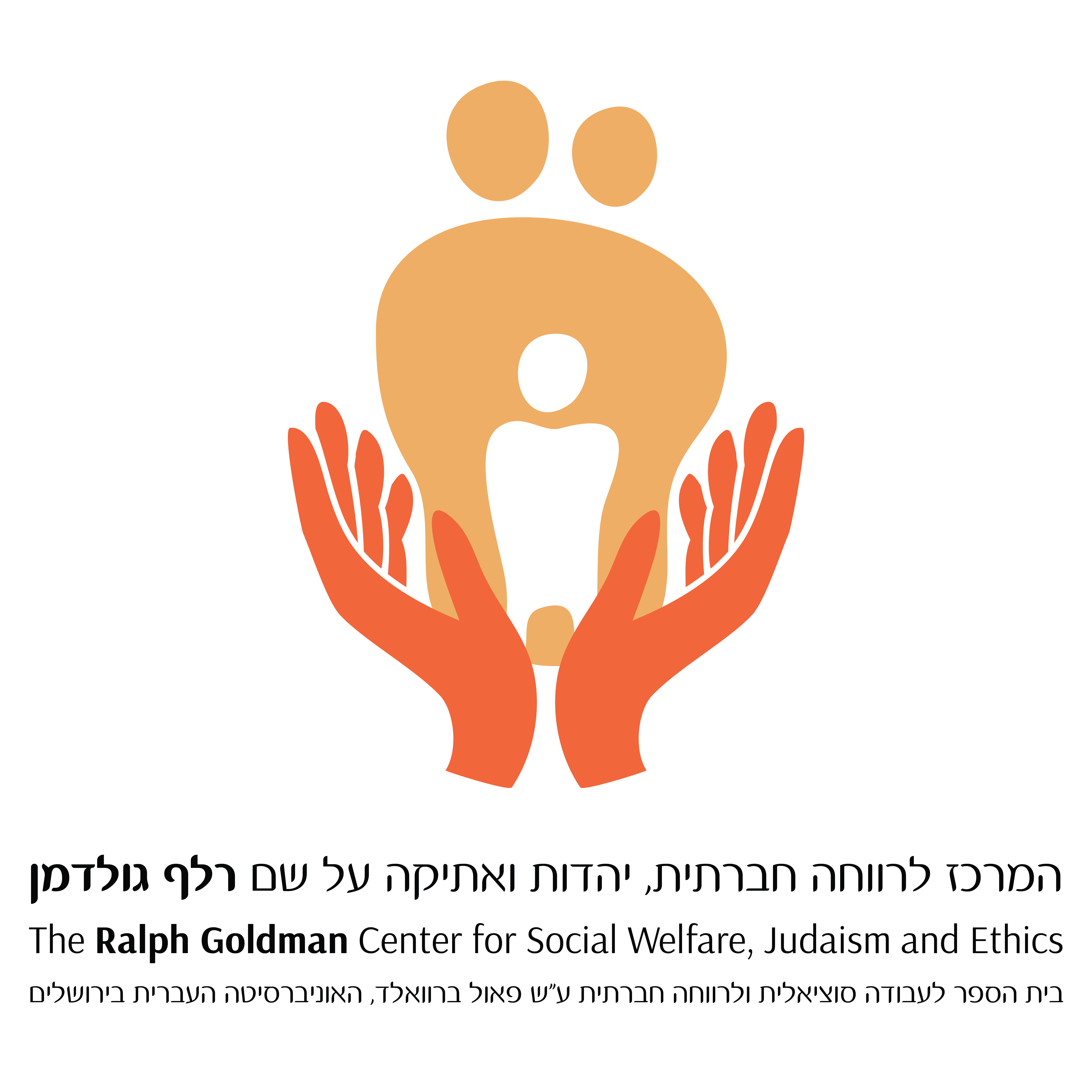_____
Zalcberg, Sarah. 2015. "They Won't Speak to Me, but They Will Talk to You”: On the Challenges Facing a Woman Researcher Doing Fieldwork among Male Ultra-Orthodox Victims of Sexual Abuse. Nashim: A Journal of Jewish Women's Studies & Gender 29, 108-132.
This article discusses how I, as a female researcher, was able to do research in a field normally off limits to women – male ultra-Orthodox society – in which, moreover, the specific topic, the sexual abuse of boys, is taboo and surrounded by a strong “conspiracy of silence.” Despite the complexity of both the field and the topic, I was able to find and interview a sample of forty ultra-Orthodox victims of sexual abuse.
The article describes the multi-channel approach I used to locate potential interviewees. It also introduces that modular typology I developed to facilitate the creation of an interview format appropriate to both the personal and the cultural needs of the interviewees. By using these two strategies, I was able to obtain maximum cooperation.
_____
זלצברג, שרה. 2015. מאפיינים של קשרים מיניים פוגעניים בקרב בנים חרדים, ניתוחם ומשמעותם. קרימינולוגיה ישראלית 4, 73-104.
מאפיינים של קשרים מיניים פוגעניים בקרב בנים חרדים ניתוחם ומשמעותם
החברה החרדית מאופיינת בפיקוח מחמיר על המיניות, המתבטא במגבלות רבותבנוגע לגוף, בגדרי צניעות מחמירים ובהפרדה בין גברים לנשים במרבית תחומי החיים. סוגיותהנוגעות למיניות נתפסותבחברה זו כטאבו, ואזכור נושאים הקשורים בכך טעון השתקהעד הנישואין. על רקע זה בנים חרדים המתנסים בפעילות מינית פוגענית, שהיא פעילות העומדת בסתירה מוחלטת לאיסורים המופעלים עליהם בתחום המיני, נפגשים עם מציאות מורכבת במיוחד, שטרם זכתה להתייחסות מחקרית.
מאמר זה בוחן מציאות זו ומבקש ללמוד על התנסויותיהם של בנים חרדים שעברו פגיעה מינית ולעמוד על כמה מן המאפיינים הייחודיים לפעילות מינית פוגענית בקרב בנים חרדים. הנתונים נאספו באמצעות ראיונות עומק עם ארבעים גברים חרדים שעברו פגיעה מינית בידי אנשים מקשת רחבה של דמויות. עיבוד הנתונים נעשה באמצעות ניתוח תוכן.
מן הממצאים עלה כי מרבית המרואיינים חוו פגיעה מינית מצד גורמים מוכרים וקרובים להם, בעיקר חברים ודמויות בעלות סמכות דתית-חינוכית. עוד נמצא כי המרואיינים הגיבו לפגיעהבמגוון צורות, החל מחוסר מודעות לכך שעברו פגיעה מינית וכלה במצוקה קשה, שלוותה בתחושה חזקה של תודעת חטא ובקונפליקטים קשים. היו כאלה שראו בפעילות המינית הפוגענית דבר שבשגרה וחלק בלתי נפרד ממציאות חייהם באותה העת.

